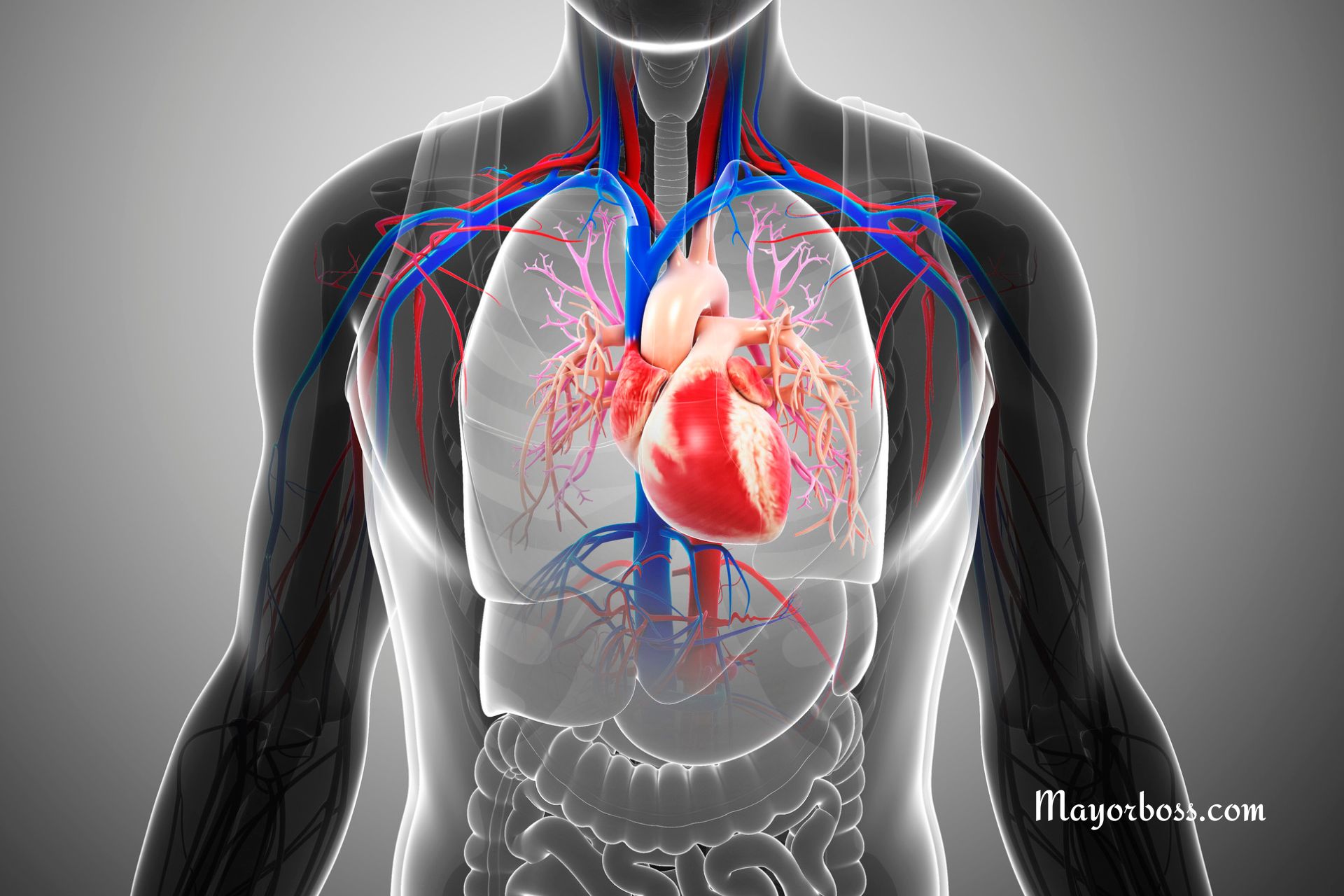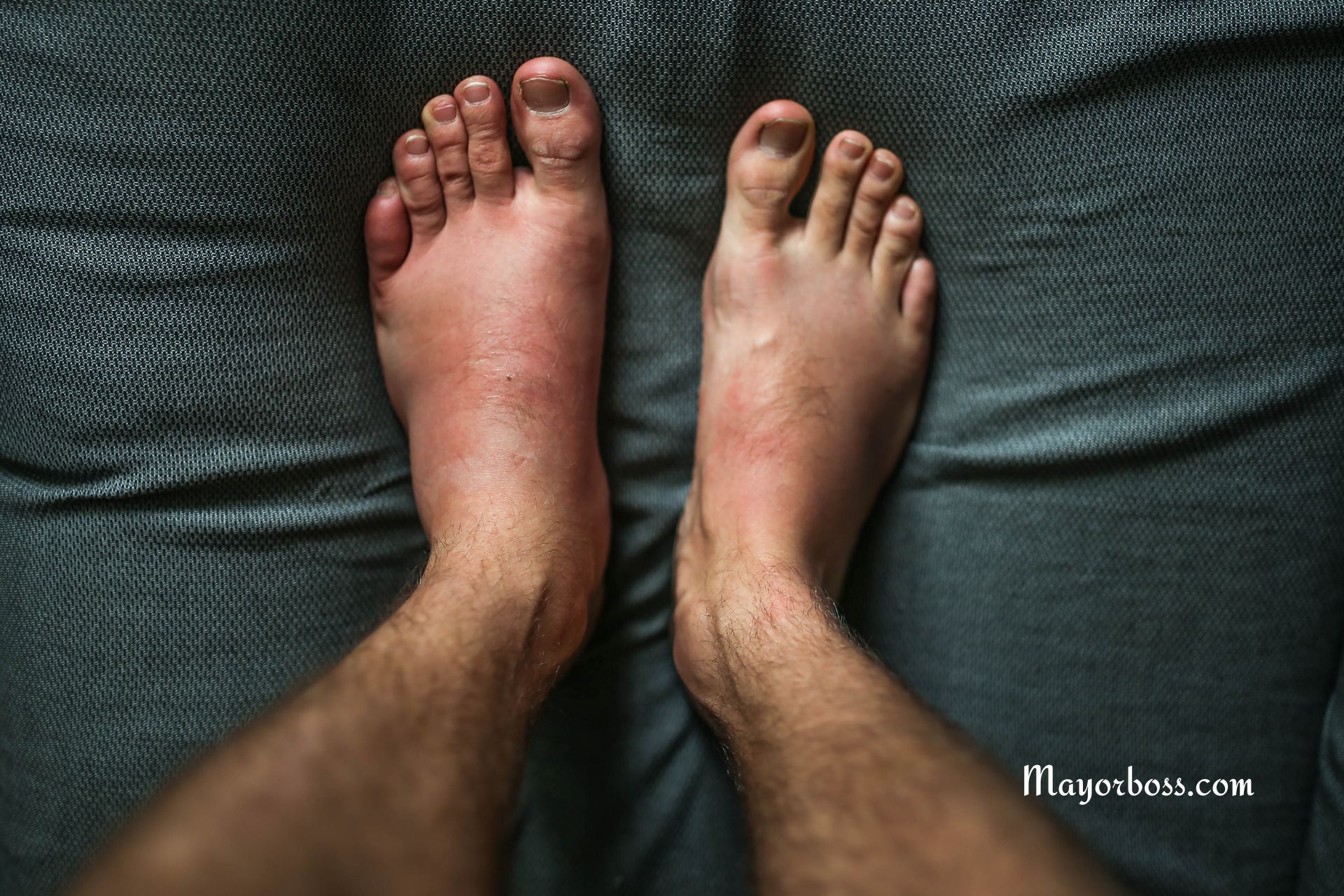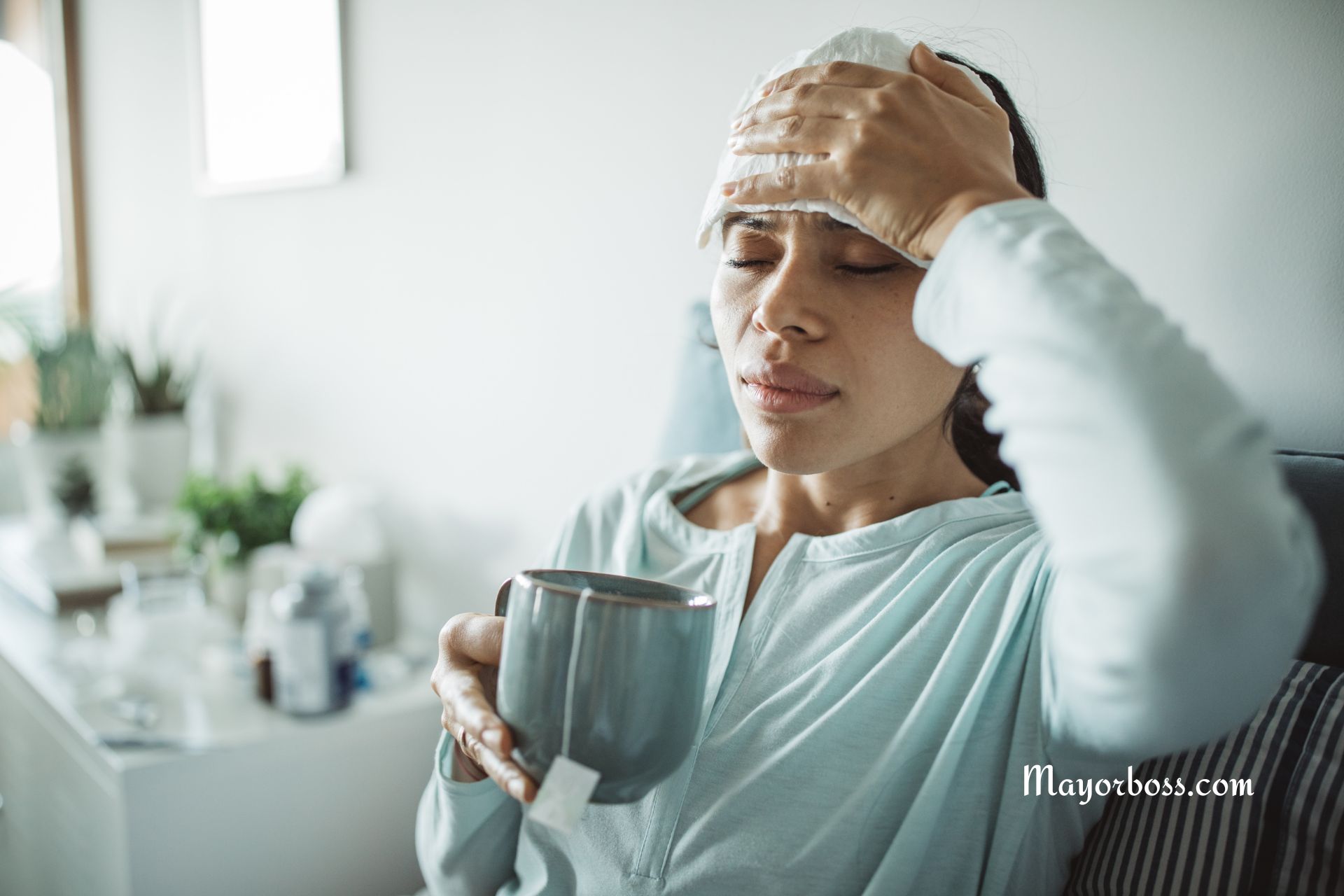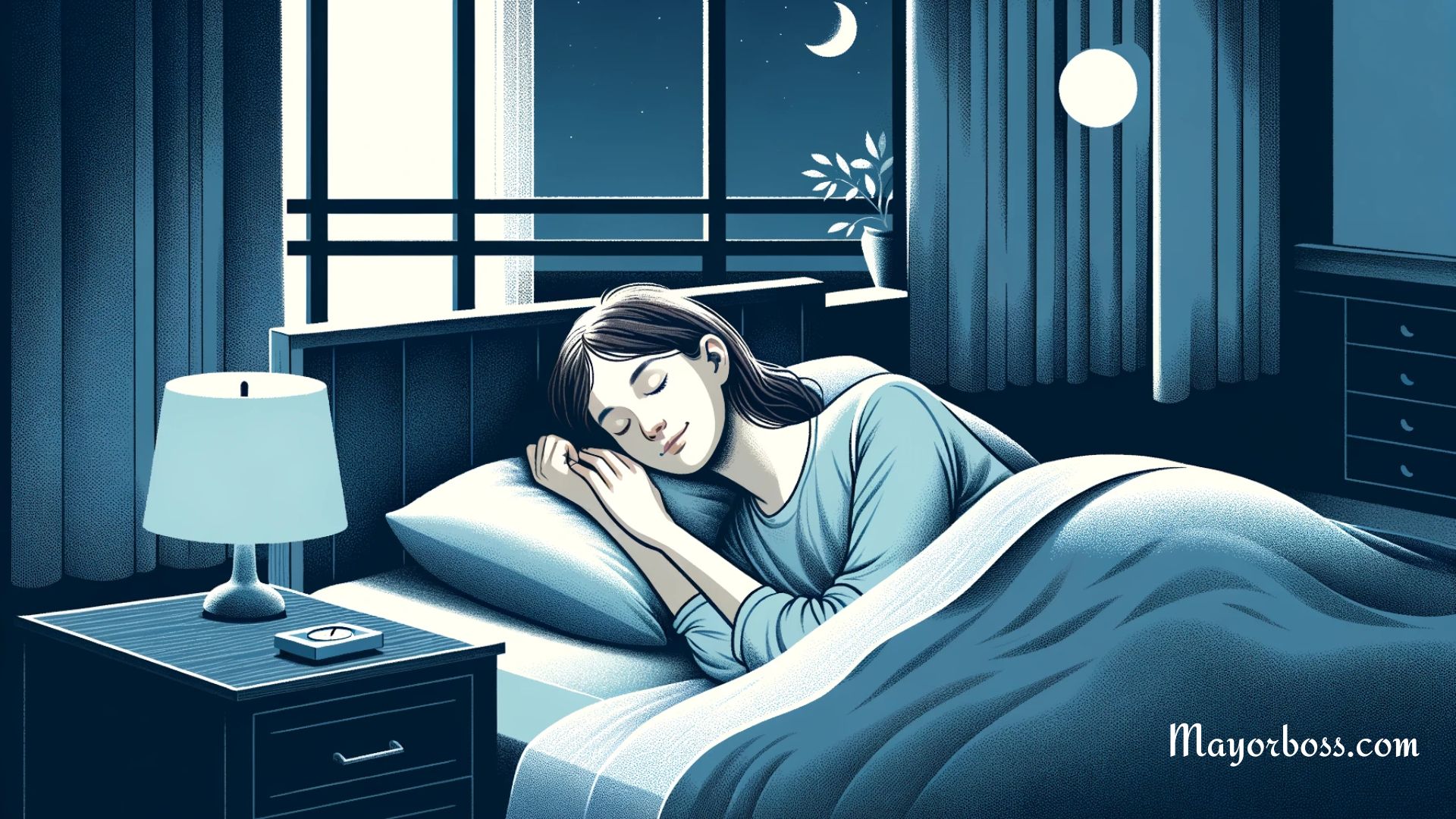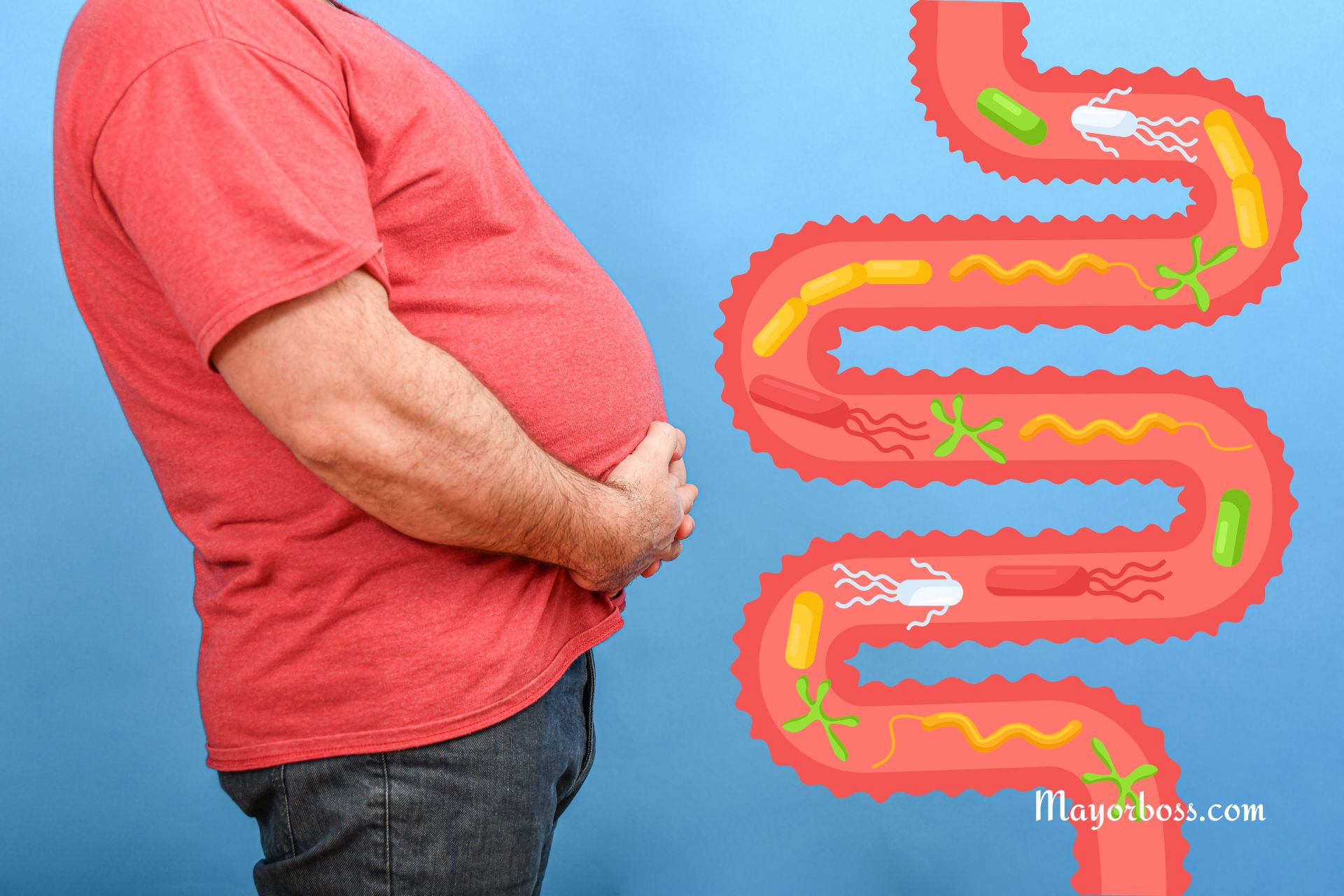What It Means When You Have Cold Sweats
Cold sweats, a common experience for many, are quite different from regular sweating. Unlike sweating from exercise or heat, cold sweats can happen at any temperature, often without physical exertion. They’re your body’s way of responding to various conditions, and understanding why they occur can be quite revealing.
Understanding Cold Sweats
Cold sweats, or diaphoresis, occur when you sweat without the presence of heat or physical activity. This type of sweating often accompanies a feeling of coldness and can be a reaction to stress, pain, or a health issue.
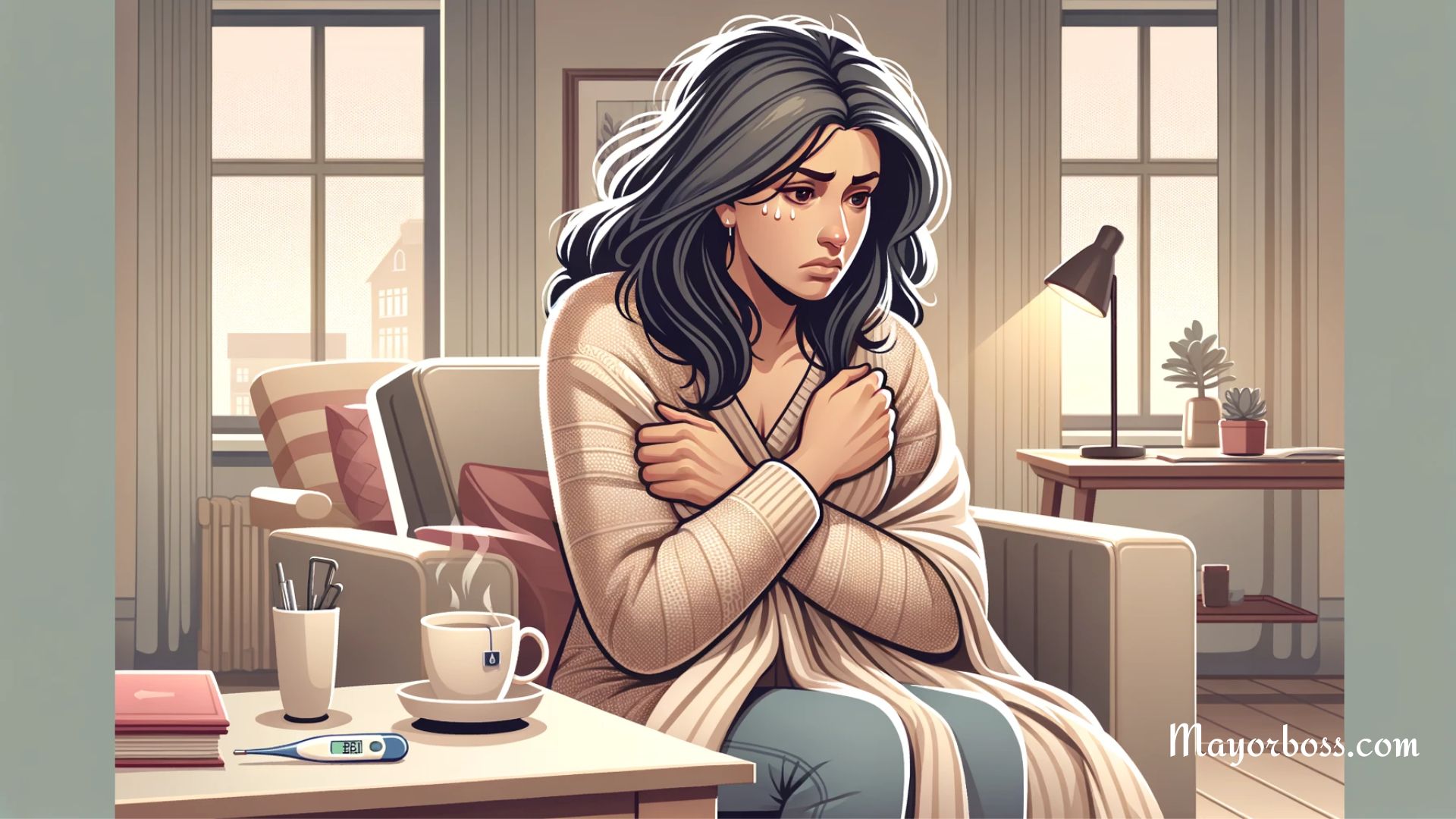
Common Triggers
- Stress or Anxiety: When you’re anxious or stressed, your body releases adrenaline, a hormone that prepares your body for a ‘fight or flight’ response. This release can cause cold sweats as part of the body’s natural reaction to stress.
- Pain: Severe pain, especially from injuries or conditions like gallstones or kidney stones, can trigger cold sweats.
- Hypoglycemia: Low blood sugar levels can also lead to cold sweats. This is especially common in people with diabetes who take insulin.
- Infections and Illnesses: Certain illnesses, particularly those that cause fever, like the flu or an infection, can lead to cold sweats.
- Menopause: Women going through menopause usually experience hot flashes followed by cold sweats.
- Heart Issues: In some cases, cold sweats can be a symptom of heart problems, including heart attacks.
Why Do They Happen?
When you encounter stress or pain, your body’s natural response is to release hormones that prepare it for emergency situations. This response includes sweating, which usually cools the body. However, in the absence of heat, this results in cold sweats. Similarly, when blood sugar levels drop, the body reacts by releasing adrenaline, leading to sweating even in cool conditions.
When Should You Be Concerned?
While cold sweats can be a normal response to stress or pain, they sometimes indicate a more serious condition. For instance, if you experience cold sweats along with chest pain or shortness of breath, it could signal a heart attack, requiring immediate medical attention. Additionally, persistent cold sweats with no apparent cause should be evaluated by your doctor, as they could be a sign of an underlying health issue.
Managing Cold Sweats
If you’re experiencing cold sweats, it’s essential to consider the context. If they’re due to stress, finding ways to manage and reduce your stress can help. For cold sweats due to low blood sugar, eating a balanced diet and monitoring your blood sugar levels is paramount, especially if you have diabetes.
For cold sweats caused by menopause, hormone therapy or other treatments might offer relief. However, talk to your doctor about it.
Tips for Immediate Relief
- Stay Hydrated: Drinking water can aid in regulating your body temperature.
- Practice Relaxation Techniques: If stress or anxiety is the cause, relaxation techniques like deep breathing or meditation can be beneficial.
- Seek a Comfortable Environment: Adjusting your environment to a more comfortable temperature can help alleviate cold sweats.
In summary, cold sweats are your body’s response to various stimuli, ranging from stress to serious health conditions. While they can often be managed with lifestyle changes or treatments, it’s important to pay attention to other symptoms that accompany them and seek medical advice when necessary. Remember, your body is always communicating with you, and understanding its signals is crucial for your overall well-being.

